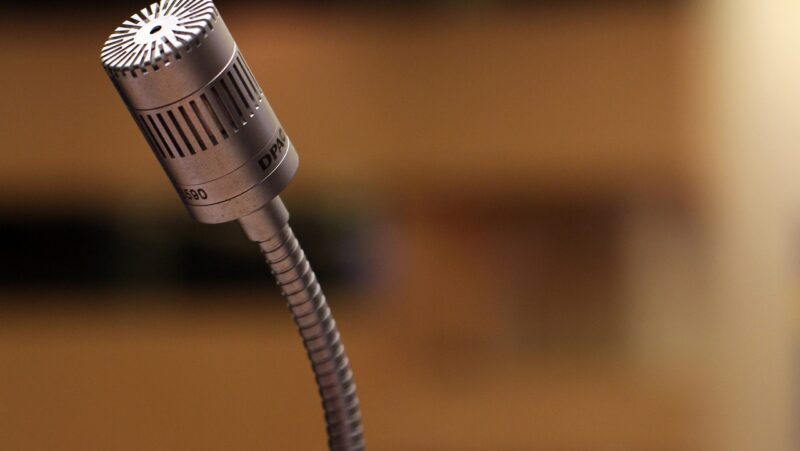

We Need Great Leadership Now, and Here’s What It Looks Like
These times are testing leaders from the schoolhouse to the White House, from city halls to corporate suites.
There are hundreds of Insights to explore that we hope raise people’s consciousness and elevate the conversation by exploring today’s world through the lens of The HOW philosophy.


These times are testing leaders from the schoolhouse to the White House, from city halls to corporate suites.
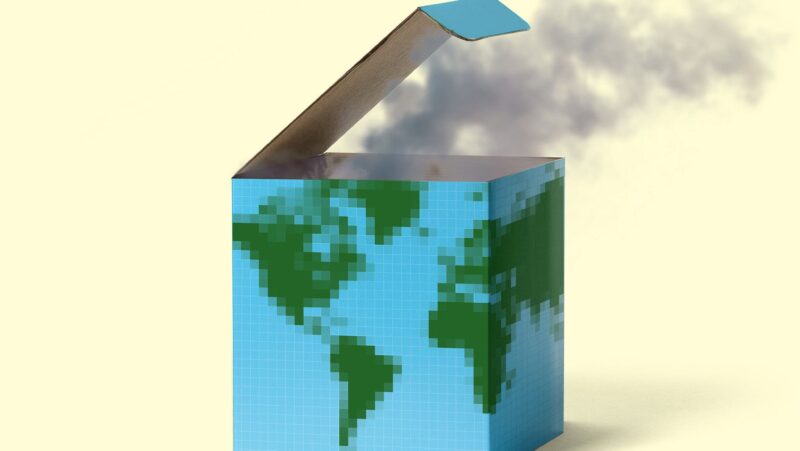

Let’s face it, we did not understand how much social networks would be used to undermine the twin pillars of any free society — truth and trust. So if we approach generative A.I. just as heedlessly — if we again go along with Mark Zuckerberg’s reckless mantra at the dawn of social networks, “move fast and break things” — oh, baby, we are going to break things faster, harder and deeper than anyone can imagine.
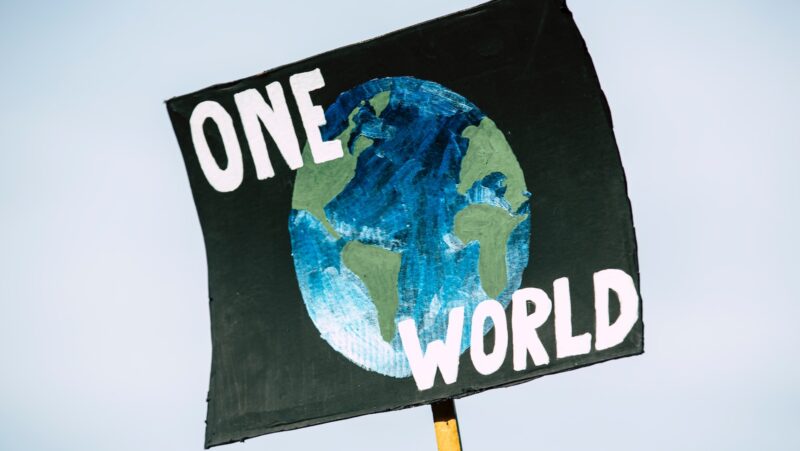

Let’s face it, we did not understand how much social networks would be used to undermine the twin pillars of any free society — truth and trust. So if we approach generative A.I. just as heedlessly — if we again go along with Mark Zuckerberg’s reckless mantra at the dawn of social networks, “move fast and break things” — oh, baby, we are going to break things faster, harder and deeper than anyone can imagine


Why does it feel like so few leaders are capable of inspiring their people to meet the challenges of our day? There are many explanations for this global leadership deficit, but I’d focus on two: one generational, one technological.
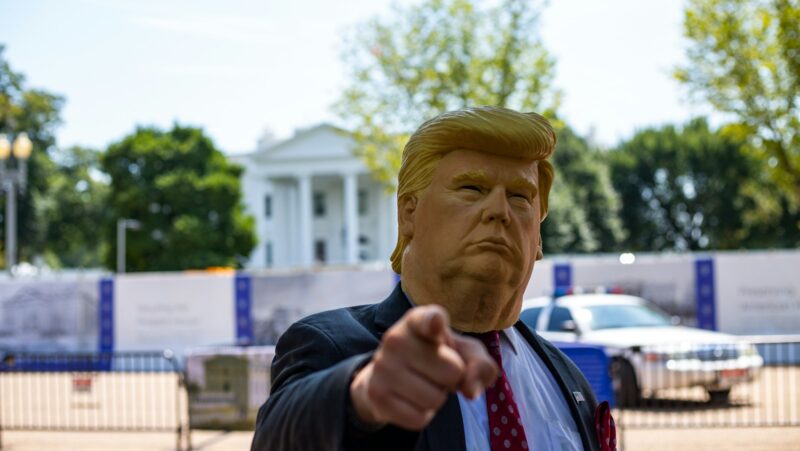

The big things Trump got wrong were twofold. The first was how to lead in a pandemic. The quality of our leadership in general is always a serious business, but in a pandemic, it becomes a matter of life or death. Leaders at every level — teachers, scientists, principals, presidents, school superintendents, hospital directors, C.E.O.s, mayors, governors, media, parents — are all being looked to for direction today more than ever because so many people feel disoriented and unmoored.
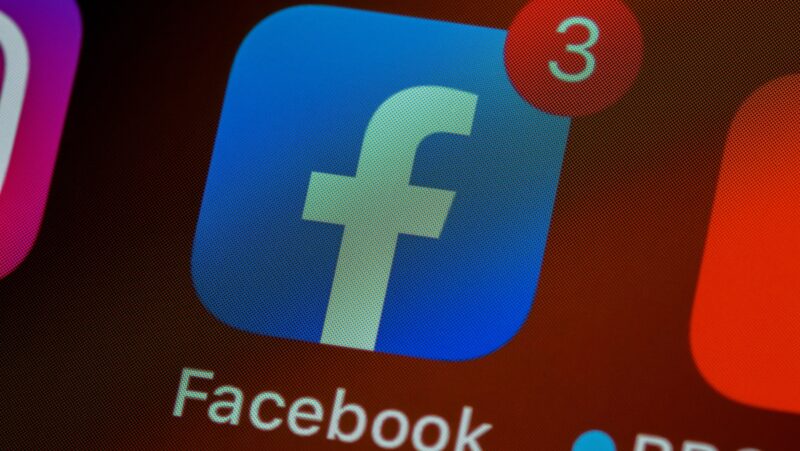

In today’s society, leaders often grapple with the unintended consequences of technology platforms and struggle to ensure they fulfill their original purpose.


With shared truth debased and trust in leaders diminished, we now face a full-blown “crisis of authority itself.'
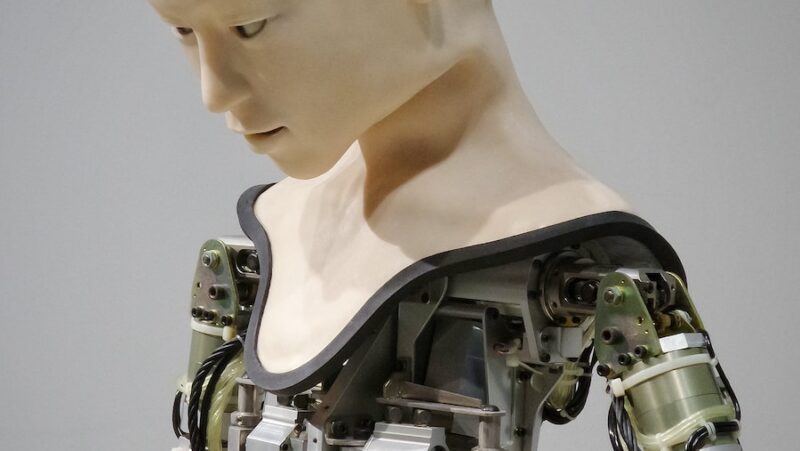

The one thing machines will never have: “a heart.”


I began election night writing a column that started with words from an immigrant, my friend Lesley Goldwasser, who came to America from Zimbabwe in the 1980s. Surveying our political scene a few years ago, Lesley remarked to me: “You Americans kick around your country like it’s a football. But it’s not a football. It’s a Fabergé egg. You can break it.”


As long as I have more dreams in my head than achievements, I am young.”.


If you go to The Guardian’s website these days you can find a section that is just labeled “Protest.” So now, with your morning coffee, you can get your news, weather, sports — and protests. I found stories there headlined, “Five Fresh Ideas for the Street Art Agitator in 2016,” “Muslim Woman Ejected From Donald Trump Rally After Silent Protest” and, appropriately, “We Are Living in an Age of Protest.”


You could easily write a book, or, better yet, make a movie about the drama that engulfed Sony Pictures and "The Interview," Sony's own movie about the fictionalized assassination of North Korea's real-life dictator.


Imposed order, says Seidman, “depends on having power over people and formal authority to coerce allegiance..."
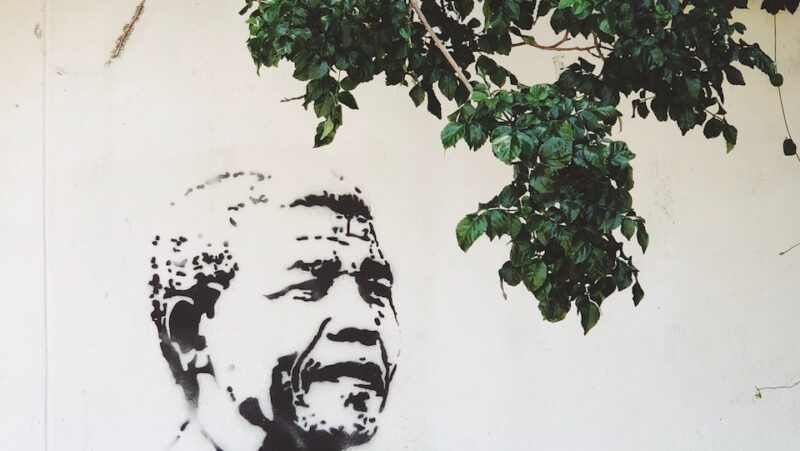

The global outpouring of respect for Nelson Mandela suggests that we’re not just saying goodbye to the man at his death but that we’re losing a certain kind of leader, unique on the world stage today, and we are mourning that just as much. Mandela had an extraordinary amount of “moral authority."


Having witnessed the Egyptian uprising in Tahrir Square in Cairo in 2011, I was eager to compare it with the protests by Turkish youths here in Taksim Square in 2013. They are very different.


We are present again at one of those great unravelings — just like after World War I, World War II and the cold war. But this time there was no war. All of these states have been pulled down from within — without warning. Why?


In the last decade, we have gone from a connected world (thanks to the end of the Cold War, globalization and the Internet) to a hyperconnected world (thanks to those same forces expanding even faster). And it matters.


That's why this story is not just about interest rates. It's about values.


You are growing up in an increasingly integrated world where we’ll all need to be guided by the simple credo of the global nature-preservation group Conservation International, and that is: “Lost there, felt here.”


Sometimes you wonder: Are we home alone? Obviously, the political and financial elites to whom we give authority often act on the basis of personal interests.


We’re in a once-a-century financial crisis, and yet we’ve actually descended into politics worse than usual. There don’t seem to be any adults at the top nobody acting larger than the moment, nobody being impelled by anything deeper than the last news cycle.


I have a friend who regularly reminds me that if you jump off the top of an 80-story building, for 79 stories you can actually think you’re flying. It’s the sudden stop at the end that always gets you.


Companies that get their hows wrong won’t be able to just hire a P.R. firm to clean up the mess by a taking a couple of reporters to lunch — not when everyone is a reporter and can talk back and be heard globally.


It’s hard to escape a visit to India without someone asking you to compare it to China. This visit was no exception, but I think it’s more revealing to widen the aperture and compare India, China and Egypt.


I sat through three days of speeches at the Republican convention here, but I confess that my mind often drifted off to thinking about Neil Armstrong, the first man to set foot on the Moon.